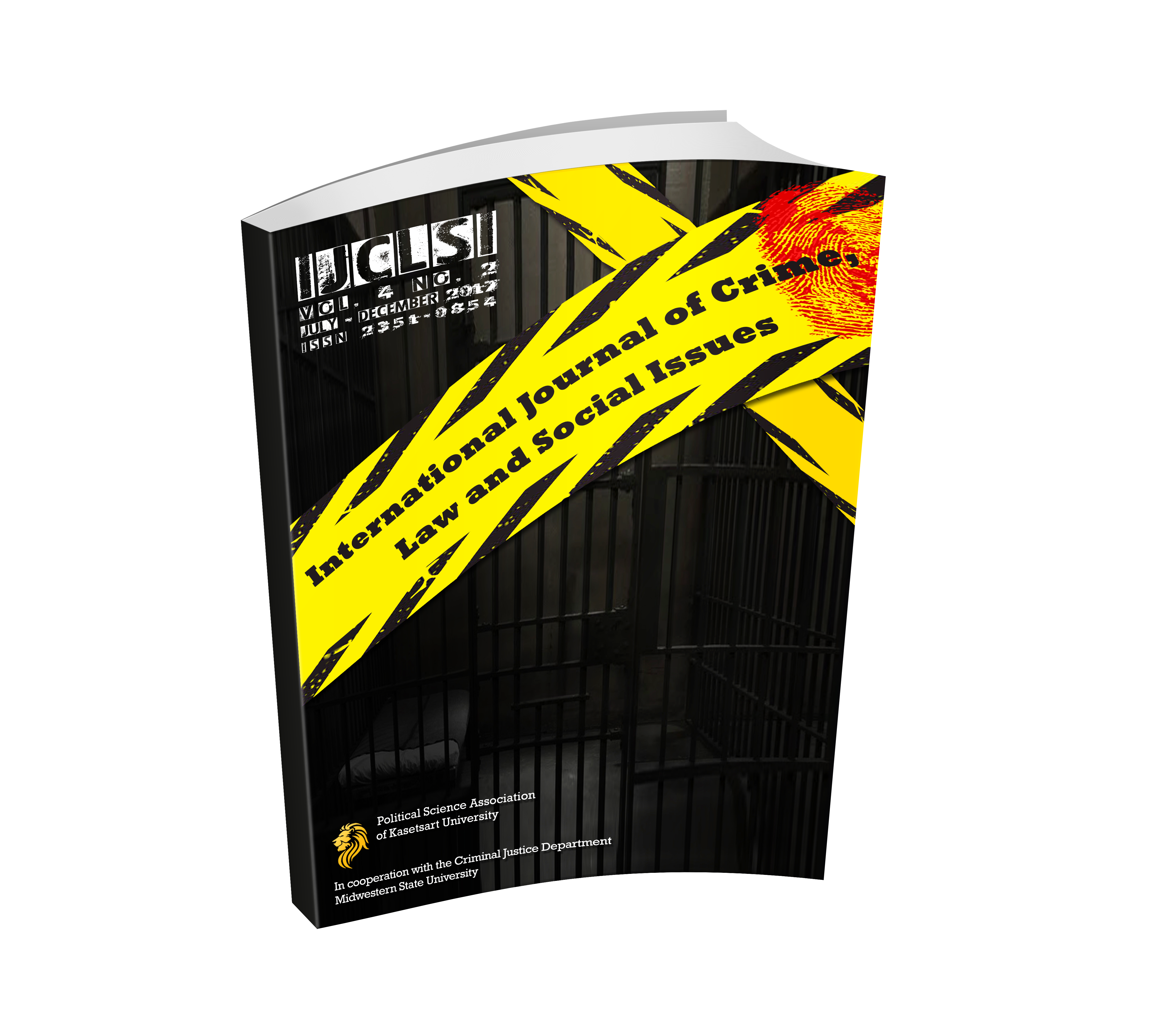The Relevancy of Seaworthiness and its Deviation in the 21st Century
Keywords:
Seaworthiness, Hague, Visby Rules, Sales of Goods by Sea, International Commercial LawAbstract
Under the common law, it is stated that the carrier should provide a vessel ‘that fit to meet and undergo the perils of the sea and other incidental risks which of necessity she must be exposed in the course of the voyage’. Also the term of ‘seaworthiness’ is to be described as ‘…that degree of fitness which an ordinary careful and prudent owner would require his vessel to have at the commencement of her voyage having regard to all the probable circumstances of it.’ On the other hand, with respect to the Hague/Visby Rules, further steps have been taken in defining the term. Article III rule1 contains detailed articles about what factors constitute seaworthiness. From this provision, we can see that the Hague/Visby Rules have replaced the absolute duty to provide a seaworthy vessel by the duty to exercise due diligence to make the vessel seaworthy. It can be said that as the concept of seaworthiness lies between a wide range of scopes, various approaches can be taken in determining its meaning. Accordingly, in order to grasp the extent of such essential term and notion, I will divide this essay into two main parts. Firstly, I will examine thoroughly the legal aspects concerning seaworthiness and deviation. In the second part, analysis will be made with regard to the relevancy of seaworthiness as well as deviation in the 21st Century.
Downloads











.png)


